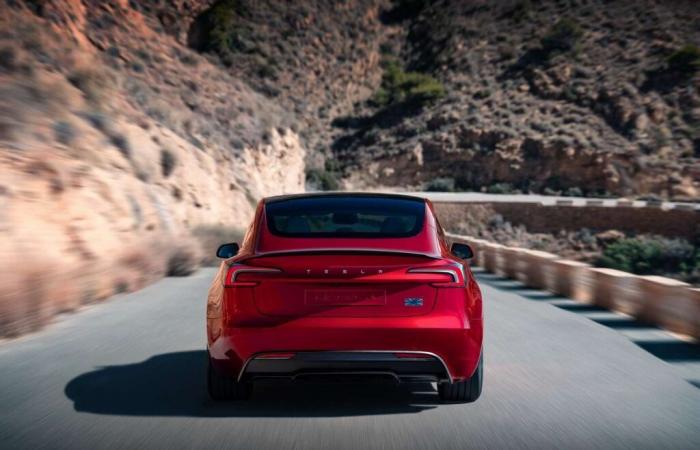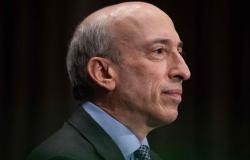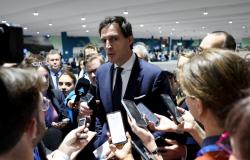There are still a little more than two months before Donald Trump officially returns to the White House. And yet, he appears to have gotten to work putting together a transition team. With which he is visibly already working to unravel what his predecessor was able to put in place. Too bad if it doesn’t please consumers or manufacturers. This is how we learn that the unofficial administration set up by the 78-year-old real estate magnate plans to kill the $7,500 consumer tax credit for the purchase of an electric vehicle, according to sources close to the matter and cited by Reuters. A surprise? Not really. Except that the financial markets reacted very badly.
A team very focused on oil
Indeed, we know, Donald Trump has already called electric cars all sorts of names. Before measuring his words a little more as his ally in the campaign Elon Musk poured his millions of dollars into financing it. But we suspected that the flagship measure of Joe Biden’s inflation reduction law would not last long.
And even less so when we learn that the repeal of the subsidy in question was discussed by an energy policy transition team led by Harold Hamm, oil billionaire founder of Continental Resources. And by a certain Doug Burgum, who is in the government of North Dakota, a state which also produces a lot of oil.
Devastating measure for historic builders
While the Alliance for Automotive Innovation, a group representing most major automakers, called in a letter last month to retain tax credits for electric vehicles, “critical to cementing the United States as a global leader in the future of automotive technology and manufacturing”she was clearly not listened to. Moreover, following his revelations on the possible elimination of aid, the main American electric car manufacturers saw their shares fall on the stock market. Including Tesla.
Even if Elon Musk’s brand has exploded since the election of Donald Trump, due to the proximity between the two men, this will also work to his disadvantage. But the richest man in the world had clarified earlier in the year that if Tesla would necessarily be affected a little, it would especially devastate the competition, such as General Motors or Ford.






